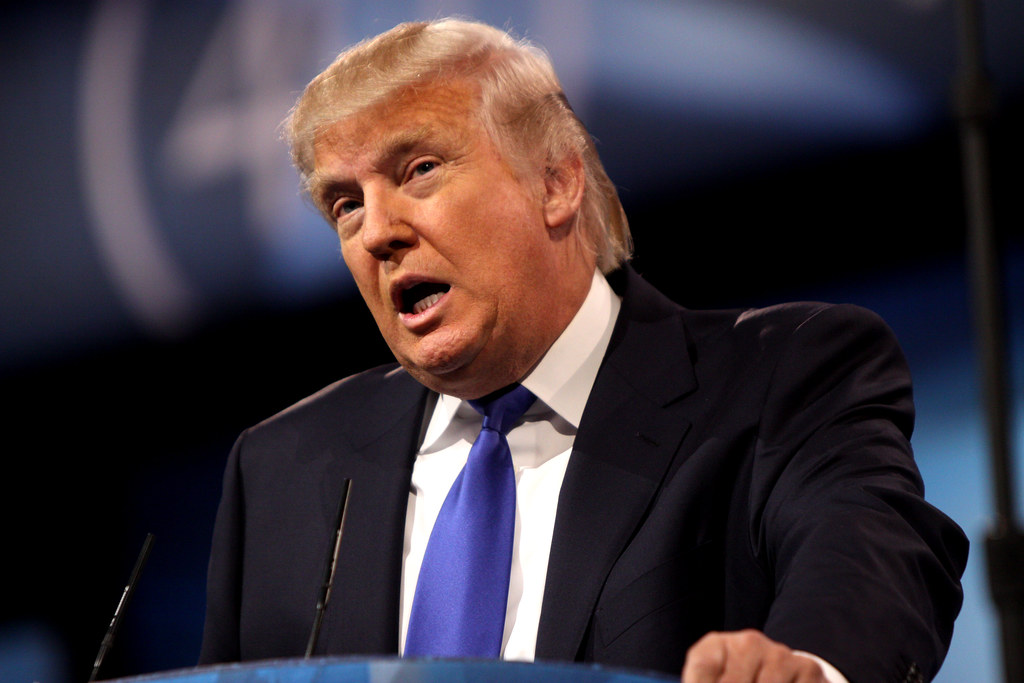Key Takeaways:
• President Trump plans to slash Colombia funding over drug concerns
• He says Colombia’s leader does nothing to stop illegal drug farms
• The move marks rising tension with a key U.S. ally
• Colombia may seek talks to protect crucial aid
Why Colombia Funding Is at Risk
President Trump announced on Sunday that he will cut U.S. support for Colombia. He claims Colombia’s leader lets drug production grow unchecked. As a result, Trump says he must act. This threat shows growing strain between Washington and one of its closest Latin American partners.
What Trump Said on Sunday
During a press briefing, Trump accused Colombia of failing to act. He explained that drug farms in Colombia pour deadly substances into the U.S. He said, “We give them billions, and they do nothing.” For these reasons, he warned he will pull back on Colombia funding.
Colombia’s Response
Colombian officials reacted quickly. They said they work hard to fight drug trafficking. Moreover, they noted U.S. aid has helped destroy thousands of coca fields. However, they also worry that cuts will hurt their security fights. Thus, Colombia hopes to convince the U.S. to keep aid flowing.
How Colombia Funding Cuts Could Work
Trump’s announcement did not spell out full details. Yet, experts say the cut could hit military and social programs. First, the White House must propose a new budget. Then, Congress must approve changes. Therefore, any cut to Colombia funding will take time. Meanwhile, Colombia will push back in talks.
Potential Impact of Funding Cuts
Without U.S. support, Colombia might face serious challenges. U.S. aid helps train troops to fight rebels and drug gangs. It also funds programs that offer farmers new crops. Without that help, more people may turn to illegal coca farming. Moreover, less aid could slow efforts on human rights and conservation.
What Happens Next
First, U.S. lawmakers will debate Trump’s plan. Some members of Congress favor keeping help to Colombia. They see Colombia as vital to U.S. security in Latin America. Meanwhile, Colombian diplomats will travel to Washington. They hope to show progress in eradicating drug crops. Until then, uncertainty will hover over Colombia funding.
Colombia funding holds great importance for both countries. For over two decades, U.S. aid helped reduce coca farms and improve security. Therefore, any shift could reshape drug policy and regional strategy.
How Colombia Funding Cuts Could Work
Under current rules, the president can withhold foreign aid for policy reasons. First, the administration issues a notice. Next, Congress reviews and can object. If Congress does nothing, the cut goes into effect. However, lawmakers can restore funding through new appropriations bills. Thus, the fate of Colombia funding hinges on political will in Washington.
Why the U.S. Values Aid to Colombia
The U.S. sees Colombia as a key partner. First, Colombia shares intelligence on drug routes. Second, joint patrols in border zones curb smuggling. Moreover, development projects in rural areas give communities new opportunities. Overall, Colombia funding aims to cut drug supply and boost stability.
Colombia’s Efforts to Curb Drug Production
Colombian forces have destroyed thousands of hectares of coca plants. They use helicopters, drones, and boots on the ground. At the same time, they run education campaigns against drug use. In addition, the government works with U.S. experts to test new farming methods. Despite these steps, Trump says progress is too slow.
Why Trump Blames Colombia
Trump often links drug trafficking to crime at home. He believes that cutting funding pressures Colombia to act faster. Also, he wants to show voters he takes a hard line on drugs. As a result, his rhetoric has grown tougher in recent months. Yet, critics warn that abrupt aid cuts can backfire.
How Colombia Might Respond
Colombia’s government will likely seek meetings in Washington. They may highlight recent successes against drug lords. Also, they might propose joint plans to speed up eradication. Furthermore, Colombia could ask for new technology and training. They argue this approach works better than budget cuts.
Possible Outcomes of the Funding Dispute
If aid is cut, Colombia risks weakening its anti-drug campaigns. That could boost cartels and organized crime. In turn, more drugs may flood U.S. streets. Conversely, if funding stays, Colombia may gain fresh support to fight drugs. Meanwhile, U.S.-Colombia ties would remain strong.
Transition Words Help the Flow
Furthermore, the use of transition words makes the article easy to follow. However, the issue remains complex. Therefore, both sides must negotiate carefully. Finally, only time will tell how Colombia funding will change.
Adding Context on U.S. Aid History
Since the early 2000s, U.S. aid helped Colombia reduce coca production by nearly half. With hundreds of millions of dollars per year, programs trained police, improved rural roads, and funded schools. Through Plan Colombia, the two nations built deep ties. Now, Trump’s threat tests that long-standing partnership.
Final Thoughts
This dispute over Colombia funding shines a light on the fragile balance in U.S. foreign policy. While pressing allies to improve is important, sudden cuts can weaken alliances. For now, all eyes turn to Congress and Colombian diplomats. They hold the keys to either restore or end vital aid.
Frequently Asked Questions
What types of aid does Colombia receive from the U.S.?
Colombia gets military help, training, counter-narcotics funds, and development projects for farmers and communities.
Why is Trump unhappy with Colombia’s efforts?
He believes the Colombian government does not act fast enough to destroy illegal drug farms.
How could cutting Colombia funding affect drug production?
Without support, Colombia may struggle to keep fighting drug cartels, which could boost drug supply.
Can Colombia appeal the U.S. funding cut?
Yes, Colombian leaders can negotiate with U.S. officials and seek support from Congress to reverse the decision.
